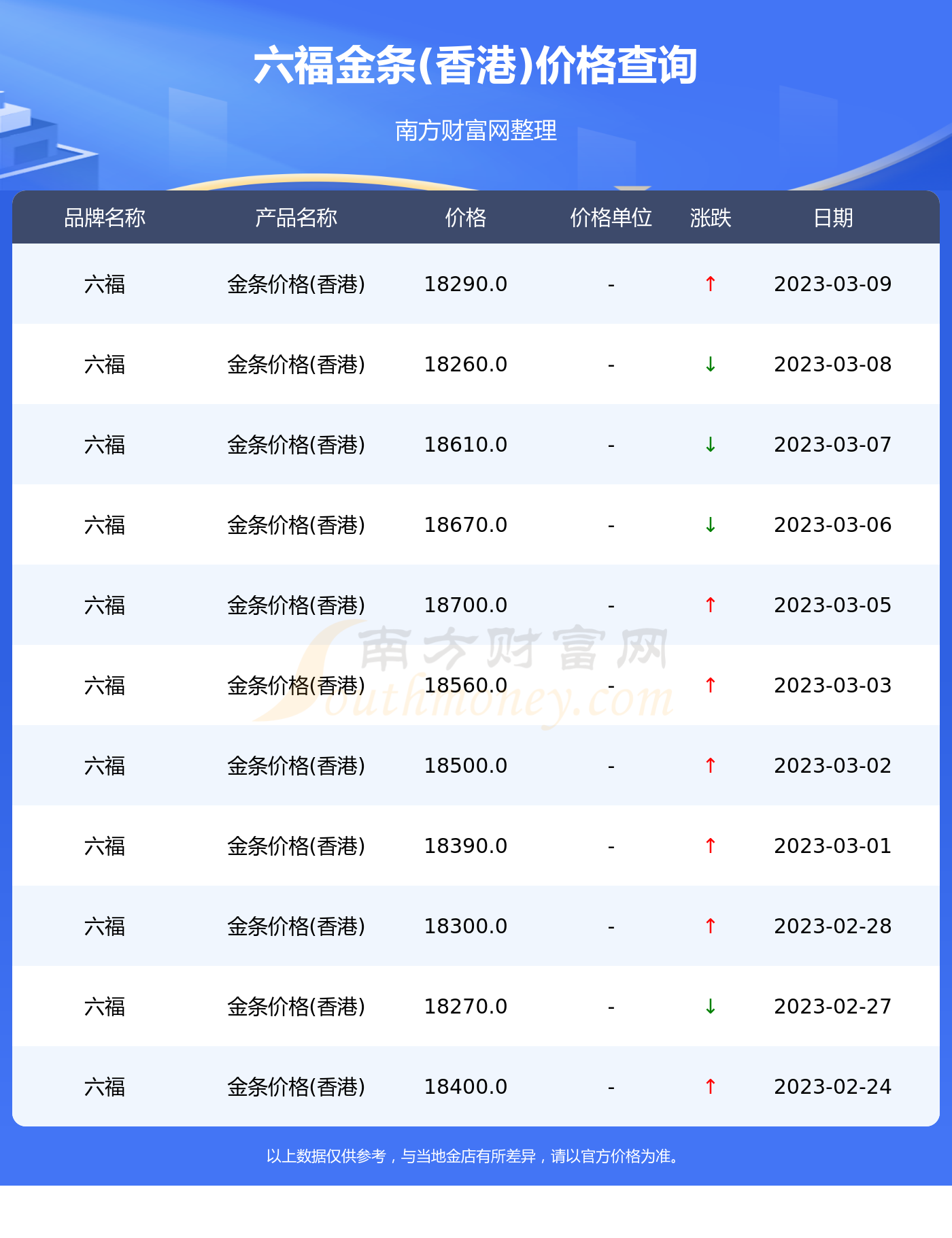在当今全球化的医疗环境中,英语作为国际通用语言,在医疗交流中扮演着至关重要的角色,无论是国内患者前往国际医院寻求先进治疗,还是国际患者在中国等国家接受医疗服务,良好的英语沟通能力都是确保治疗顺利进行、减少误解的关键,本文旨在探讨住院治疗过程中涉及的英语表达与沟通技巧,帮助患者及其家属更好地理解并应对这一过程。
一、入院前的准备
1. 预约与咨询(Booking and Consultation)
预约挂号:在前往医院前,患者或其家属需通过电话或在线平台进行预约(make an appointment)。“I'd like to make an appointment for a hospitalization consultation.”
咨询医生:在咨询过程中,了解病情、治疗方案及所需材料(inquire about the condition, treatment plan, and required documents)是至关重要的。“Could you please explain the treatment options in detail?”
二、入院手续与病房安排(Admission Procedures and Ward Assignment)
2. 办理入院手续:到达医院后,需前往住院部前台(admission desk)办理入院手续,患者需提供有效身份证明、医保卡等文件(present valid identification and medical insurance card)。“I'm here for admission. I have all my documents with me.”
3. 病房安排:根据病情轻重缓急及医院规定,患者将被分配至相应病房(ward),了解病房类型(如单人房、双人房)及设施(facilities)有助于患者做出选择。“I'm interested in a single room with an ensuite bathroom, if possible.”
三、日常沟通与治疗过程(Daily Communication and Treatment Process)
4. 医生查房(Doctor's Round):每天医生会进行查房,了解患者的病情变化和药物反应(check on the patient's condition and drug response),患者应主动汇报任何不适或疑问(report any discomfort or questions)。“I've been feeling a bit dizzy since taking the medication. Could you check on that?”
5. 药物治疗与副作用(Medication and Side Effects):了解药物名称、用法及可能出现的副作用(understand medication names, usage, and potential side effects)对控制病情至关重要。“Could you explain the side effects of this medication and how to manage them?”
6. 护理服务(Nursing Services):住院期间,护士会负责患者的日常护理和监测生命体征(provide daily care and monitor vital signs),患者应积极配合护理工作,并询问关于护理计划的问题(inquire about the nursing plan)。“Can you explain the nursing plan for today? I have some questions about my catheter care.”
四、特殊检查与治疗(Special Tests and Treatments)
7. 特殊检查(Special Tests):如需进行CT扫描、MRI等特殊检查,患者需了解检查目的、过程及注意事项(understand the purpose, process, and precautions of the test)。“Could you explain what the CT scan is for and what I should expect during the procedure?”
8. 手术治疗(Surgical Treatment):对于需要手术的患者,术前术后的沟通尤为重要,了解手术细节、风险及术后护理(understand surgical details, risks, and post-surgery care)能减轻患者的焦虑。“What are the risks involved in this surgery, and what can I expect during the recovery period?”
五、出院准备与后续护理(Discharge Preparation and Follow-up Care)
9. 出院准备(Discharge Preparation):接近出院时,患者应与医生确认出院日期、后续治疗方案及复诊时间(confirm discharge date, follow-up treatment plan, and follow-up appointments)。“When is my discharge date, and what are the follow-up appointments after I leave the hospital?”
10. 后续护理与康复(Follow-up Care and Rehabilitation):出院后,患者需遵循医嘱进行康复训练或药物治疗(follow up on rehabilitation exercises or medication as prescribed),定期与医生沟通病情变化是必要的。“I've been experiencing some pain post-surgery. Should I come in for a check-up?”
六、心理支持与国际患者特别关注(Psychological Support and Special Considerations for International Patients)
对于所有患者,尤其是国际患者,心理支持同样重要,语言障碍可能加剧患者的焦虑和不安,医院通常会提供翻译服务(translation services)或鼓励使用医疗翻译软件(medical translation apps),国际患者还需了解当地医疗系统的差异,如支付方式、保险报销流程等(understand local healthcare system differences such as payment methods and insurance reimbursement processes)。“I'm an international patient. Can you provide a medical interpreter for my stay?” “How do I go about getting my insurance to cover the expenses here?”
住院治疗不仅是一个身体恢复的过程,也是一次跨文化的交流体验,良好的英语沟通能力能够为患者搭建起一座信任的桥梁,确保治疗计划得以顺利执行,同时减轻因语言障碍带来的不必要压力,通过上述各环节的英语表达与沟通技巧的学习,患者及其家属能够更加自信地面对这一挑战,从而获得更好的治疗效果和就医体验。
















 京公网安备11000000000001号
京公网安备11000000000001号 京ICP备11000001号
京ICP备11000001号
还没有评论,来说两句吧...